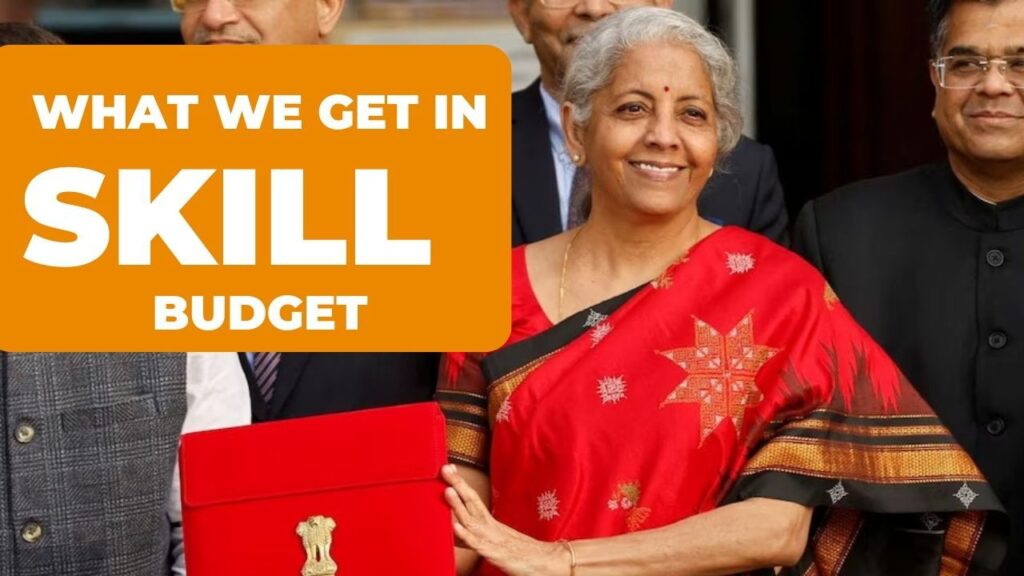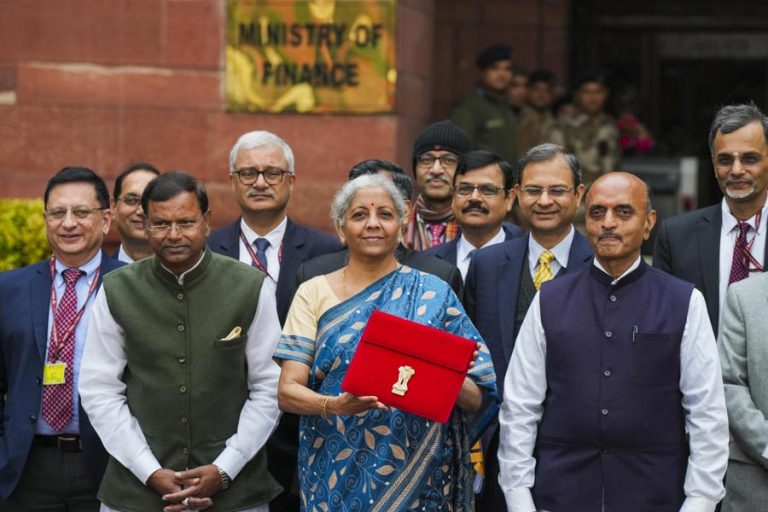Union Finance Minister Nirmala Sitharaman recently unveiled the Budget 2024 for the fiscal year 2024-25 on February 1, 2024. This interim budget, crucially presented in an election year, provides a snapshot of the government’s fiscal plans until a new government is formed post the upcoming Lok Sabha elections. As the final comprehensive budget is anticipated in July, this interim budget marks the concluding financial roadmap of Narendra Modi’s second term as Prime Minister.

Step 1: Understanding the Significance Explore the unique context of an Interim Budget, emphasizing its temporal nature and how it acts as a financial bridge until a new government takes charge. Discuss the importance of this budgetary framework in an election year and its role in setting the tone for future financial policies.
Step 2: Taxation Landscape Dive into the details of the income tax landscape, highlighting a significant aspect of the Interim Budget—the absence of changes in income tax slabs. Analyze the implications for both new and old income tax regimes, shedding light on the government’s approach to taxation stability during this interim period.
Step 3: Social Welfare Priorities Examine the budget’s core focus on uplifting marginalized sections, including the poor, women, youth, and farmers. Uncover the announced initiatives and schemes aimed at empowerment and socio-economic development within these targeted groups, showcasing the government’s commitment to inclusive growth.
Step 4: Sectoral Allocations Provide an in-depth analysis of budgetary allocations to various sectors, spotlighting the highest allocation of Rs 6.1 lakh crore for the Defence Ministry. Contrast this with the allocation for the Ministry of Agriculture and Farmer’s Welfare, which received the least at Rs 1.27 lakh crore. Unpack the implications of these allocations on national priorities and economic sectors.
Step 5: Historical Context: Poverty Alleviation Explore the government’s claim of assisting 25 crore people out of multi-dimensional poverty over the last decade. Delve into specific policies and programs that contributed to this achievement, offering a historical perspective on the government’s efforts in poverty alleviation.
Interim Budget 2024 Key Highlights
Tax slabs remain unchanged. Same direct and indirect tax rates, including import duties to be retained.
India’s capital spending for 2024-25 has been raised 11 per cent to Rs 11.11 lakh crore, or 3.4 per cent of GDP Nirmala Sitharaman said on Thursday.
Accomodation
It was announced that despite challenges posed by the Covid-19 pandemic, the target of three crore houses under PM Awas Yojana (Grameen) will be achieved soon. Also, two crore more houses will be taken up in the next five years.
The FM also announced that the Government will start a scheme to support middle class people living in rented houses to buy their own houses.
The Pradhan Mantri Janjati Adivasi Nyaya Maha Abhiyan (PM-JANMAN) Scheme will aid the development of particularly vulnerable tribal groups (PVTGs).
Green Energy
One crore households will receive 300 units free electricity every month through rooftop solarization.
Defence
The Defence Ministry has been given the highest allocation of Rs 6.1 lakh crore.
A new scheme will be launched for strengthening deep-tech technologies for defence purposes it was announced on Thursday.
Research and Innovation
An amount of Rs.1 lakh crore will be established with 50-year interest free loan to provide long-term financing or refinancing for research and innovation with long tenors and low or nil interest rates.
- Automotive sample papers for Class 10 (Subject Code 404)
- CITS Admissions for (Session 2025-26)
- Class-9 Automotive Question Paper | JNV PWT EXAM
- NAVODAYA VIDYALAYA SAMITI SPLIT-UP SYLLABUS 2025-26
- NVS ID Card Portal Guide







